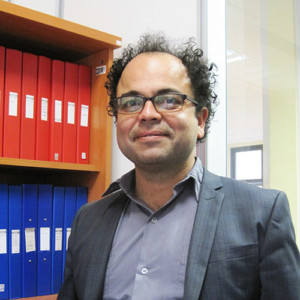In advance of the Informal Hearings with Stakeholders in New York on (6-7 June) and Informal Intergovernmental Meetings (8-10 June), we invite you to review the following sections of the Zero Draft of the New Urban Agenda and share your feedback below. Please indicate which sub-topic/s you are addressing in your response. The forum is now closed. Part 3 will open on Monday, 20 June 2016.
Main Topic A: The Transformative Commitments for Sustainable Urban Development
– Sub-topic 1. Leave no one behind, urban equity & poverty eradication >
– Sub-topic 2. Sustainable & inclusive urban prosperity & opportunities for all >
– Sub-topic 3. Foster ecological & resilient cities & human settlements >
The forum is now closed. Any questions, please contact: support@habitat3.org






 Waterways for Growth_FINAL_FRAMEWORK_v4_Print_2012.pdf
Waterways for Growth_FINAL_FRAMEWORK_v4_Print_2012.pdf IHC Global Coalition for Inclusive Housing and Sustainable Cities Statement on the New Urban Agenda.docx
IHC Global Coalition for Inclusive Housing and Sustainable Cities Statement on the New Urban Agenda.docx
FINAL REMARKS: SECOND ROUND
Dear Participants,
This is my last set of remarks in the second round, and I want to thank you very much for your valuable contributions during this round.
It was a very interesting discussion, with a wide range of inputs which aimed to contribute to the Agenda both in breadth and depth. The extent of the contributions and the engagement of the contributors were great.
Among the comments received I would like to recap some general points (it is not possible in my short / last remark to do justice to all points and details, and I hope that they would be picked up again in the next round of the debate):
– The idea of a ‘Habitat Agenda’ as opposed to a ‘Urban Agenda’ (the former would be broader and solidly connecting cities with the natural environment (and social groups outside cities), on a lets say planetary dimension).
– Rehabilitation and resilience of the existing built environment (as opposed to (mainly) new products)
– Competitive cities, on the one side, and solidarity on the other.
– A focus on the Transformative Commitments – what is really transformative.
– What has been – or should be – the progress from Habitat II to Habitat III
In most cases, contributors have highlighted – and rightly so – the importance of a given topic. This leads to the question about how such topics could be specifically inserted in the Agenda. A challenge for the Agenda is how to integrate all the specific issues in a comprehensive and coherent way.A number of points made by participants build upon other points. Other times, points reveal different perspectives. It would be very interesting if participants could elaborate on their points vis-a-vis what other participants wrote. Therefore, I suggest more debate in the next round.
We need to bear in mind the whole organizational structure of the Agenda, to have doable implementation. Should we have integrated urban sub-systems, and how? Or something else? For example, the food system, as the name indicates, is already a system. Which needs of course integration with other systems, at the same time has its internal structure.
From a particular perspective of promoting prosperity and opportunities via better urban livelihoods, it is important to bear in mind that the generation of decent work is not a passive action, dependent only on the expansion of the economy. Also, but not only. It also depends on social dialogue between enterprises, workers and government; on the organization and training of workers, on the implementation of labour-intensive techniques, and more. These actions also need to be financially supported, and they will generate returns.
Thanks again for your contributions. I am sure that they will be of value to the Agenda.